
Before I get started, I feel obligated to straighten a few things out prior to the grilling some of you guys are bound to leave me. I'm neither a hardheaded women's rights activist nor am I prude in any sense of the word.
"K-pop has been moving so fast."
Recently, the extent of how fast K-pop has been moving pulls at my consciousness. K-pop's global marketability, infallible charms, and its exponentially growing following - it's all as unprecedented as it is extraordinary. Granted, because K-pop has been moving so fast, we rarely question some of the trends that have sprouted up simultaneously with the industry.
One trend that has become inseparable from K-pop is the skin exposure.

But in the larger schematic context, sex sells. It always has, and frankly, it probably always will. We want to see skin, whether admittedly or not, and a lot of us secretly appreciate the industry's compliance with our demands. As such, labels are progressively dressing their artists in ever increasing minimal clothing that leave our imaginations jaded and juiceless.
Let's start with some of the explicit female trends that are revving up the K-pop scene.

"There's a fine line between classy and raunchy."
When it comes down to it, there's a fine line between classy and raunchy clothing. And lately, it appears that labels are increasingly capitalizing on the sex appeal of their female idols to reap in the profits. In so doing, they not only cross the line, but they keep redefining the image for the new standard. As such, shorts keep getting shorter, dresses keep getting tighter, and tops keep climbing higher.
It's an exhausting race to see who can look the sexiest on stage. But to be sexy doesn't imply that you have to show skin everywhere you can before you hit the censor warning. Rather, sexy is an attitude - a frame of mind. Sexy is trusting who you are and being confident that that alone will pull you through. But more so than that, nothing screams "sexy" quite as powerfully as someone who knows how to hold her own - that's not having a big ego; it's respecting yourself and knowing that what you have to offer is sure as hell going to be worth waiting for.
Take SISTAR, for instance. When Hyorin and Bora performed their "Gone Not Around Any Longer" score for their SISTAR19 promotion on this stage, they wore simple white T-shirts and jeans.
Nevertheless, they project an undeniable allure. Though it's minimal and stripped down of all the glamorous aesthetics, we can't stop watching.

... or these

Doesn't it make you feel uncomfortable? Not even in the slightest? On the other hand, I understand from a red-blooded male perspective, you'll probably feel vastly different.
But with names like Lady Gaga, Beyonce, and Rihanna headlining the frontiers of the global music market, it's no wonder we're seeing some of the outfits we see on K-pop stages.



????These women haven't simply taken the industry by storm; they've more or less made it into something of their own. They keep pushing the goal posts further and further out when it comes to stage outfits and concepts. These women's influence stretch across the world, and K-pop certainly has no immunization to its presence. And whenever artists climb high enough to be considered cultural icons, they become hard to ignore.
Such women not only inspire the ladies of K-pop - they steer the direction of the K-pop industry and redefine the limits.

We're all guilty of submitting to trends. But when - if ever - does it stop?

Again, let me reiterate that I'm not one to pass out at the sight of a bikini. Nor am I saying that K-pop idols should avoid wearing miniskirts or shorts altogether - for what would K-pop be without such staples?
"In favor of moderation."
I'm simply arguing in favor of moderation. These idols - and the labels standing behind them - are so infatuated with the promise of stardom that they've become desensitized to some of the means by which to get there. The companies don't have to dress their groups in stage outfits that may possibly make the artists feel uncomfortable. The way you see yourself determines how others see you. And though it's not the idols' fault that they're told to dress the way they are, I wish their labels would stop selling them out. I'm sure they have more to them, but we seldom get past their outfits and provocative dances to want to know more than what they already show us.
As for the guys, I'll keep it short and sweet.

Do I enjoy looking at pictures of guys' abs? Uhm. Absolutely.
But frankly, it's getting to be a bit boring now. It isn't so much a matter of "omg, look at his abs" *bites fingernails and turns all red*, as it is a matter of "omg, look at his abs" *scrolls past the picture and onto the next shirtless idol*. It's not really a surprise anymore, it's more of a routine. Now that K-pop has made me advanced proficient in the subject of beautifully sculpted abdominal areas, I have to wonder what it'll throw next.
It's no question that K-pop has come so far in a short amount of time. But I can't decide whether the industry has reached it's final stop. If it keeps forging ahead at the speed that it's going from this point, where is K-pop going to end up? Perhaps we'll start seeing outfits like this on stage.

But for the sake of all that is still good in the world, let's just hope it doesn't get that far.
Now let's consider the alternative: what happens if K-pop stays where it is? Since we've become accustomed to seeing glimpses of underwear on stage and guys ripping their shirts off during performances, labels are going to have to get creative if they want to stay afloat in the industry - preferably without objectifying their groups as much as they already do now.

I suppose I'm more sensitive to this issue because for the most part, these idols are young. Their labels purposely put them on stage wearing outfits that make people stare. And in this moment, all that adoring attention sustains them. It's endearing to them, and as such, the fear of that attention swerving elsewhere pushes them to come back with more revealing clothing, or more suggestive choreography.
But what happens when their youth runs its due
course? Will they have anything else left to sell once their bodies turn all
wrinkly and saggy and rubbery?

These agencies need to place more faith in their idols. Understandably, they keep selling into the sex because it sells. We crave it - and for our demand, there's bound to be a supply (kudos, Adam Smith). I'd like to believe that's precisely what perseveres at the core of the industry's craze over exposure - our demand for it. We have to start changing what we expect to see from them. Afterwards, we can only hope that the K-pop industry will be able to adapt.
To those of you brave souls who took it upon yourselves to finish reading this, I earnestly applaud you for your patience. And if, by chance, I'm giving off the impression that I'm old and bitter and a loving mother to two dozen or so cats.



 SHARE
SHARE


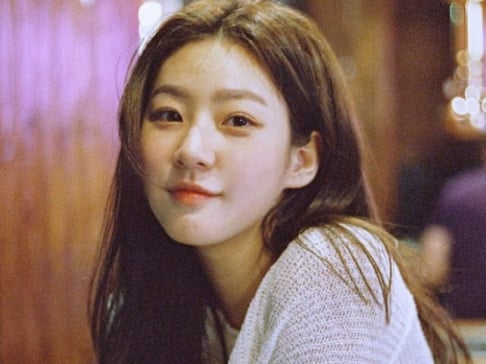
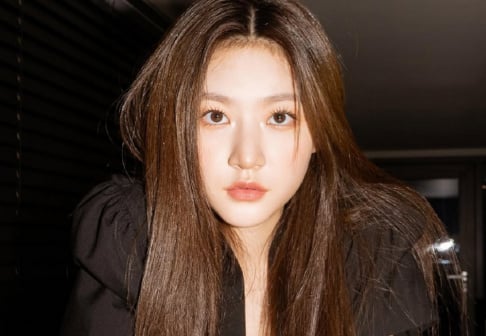
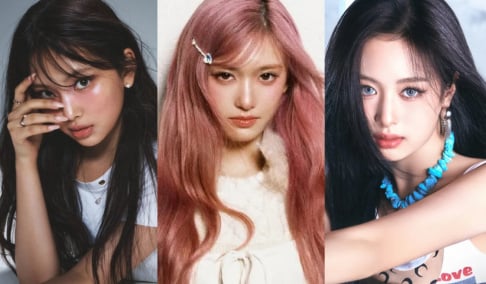

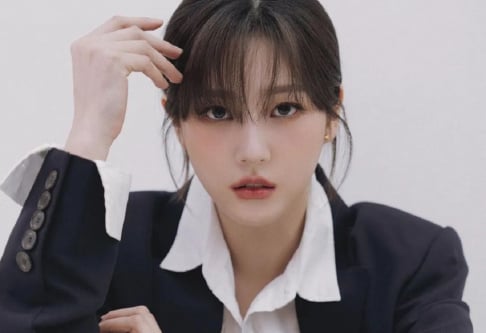

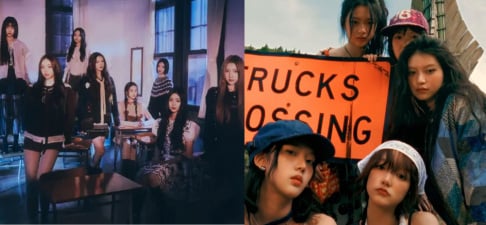
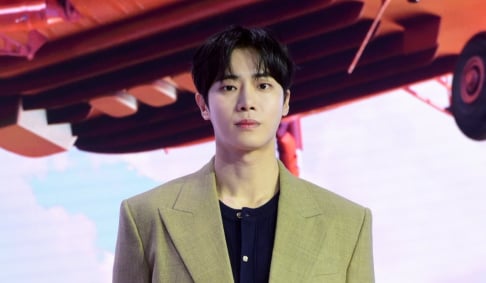
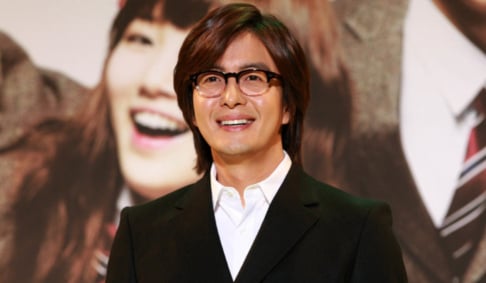

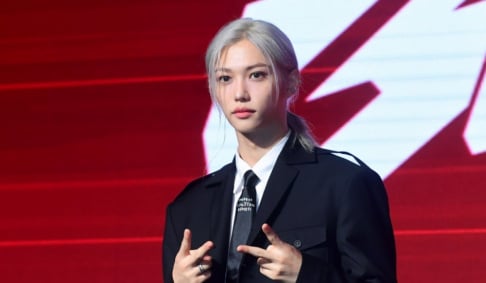

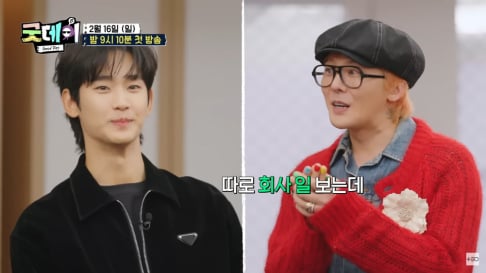
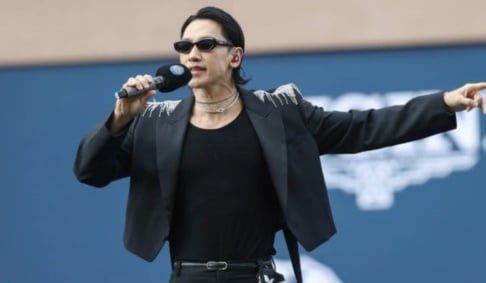


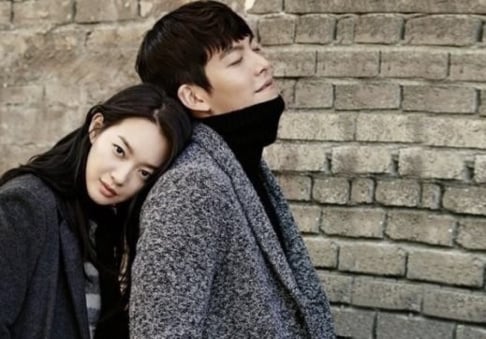



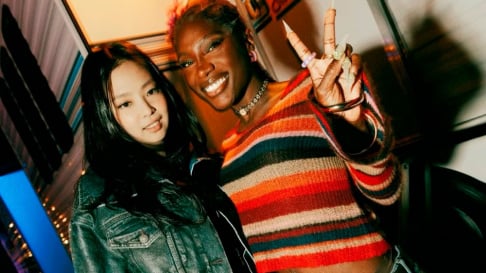
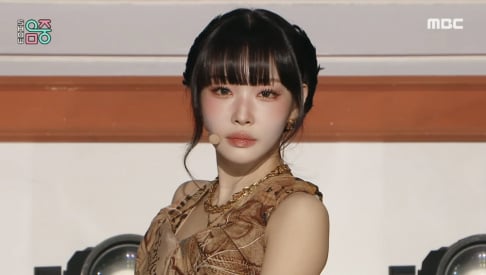



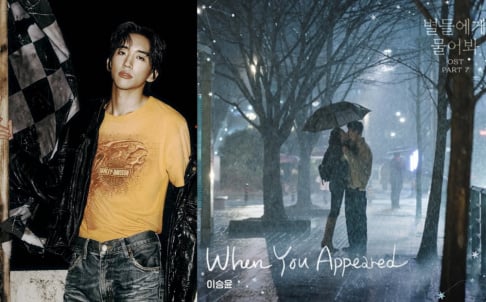
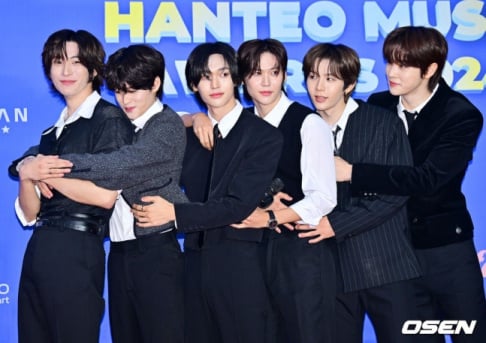
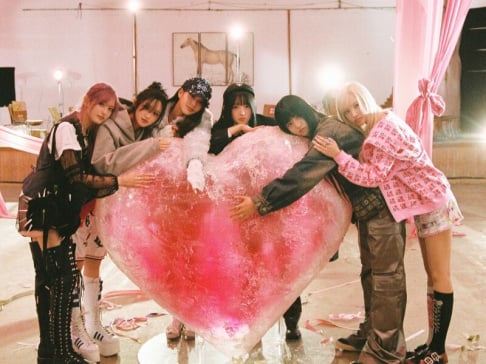

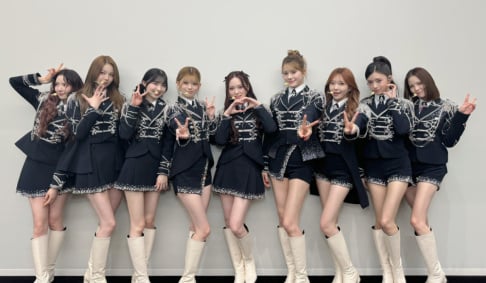






Log in to comment